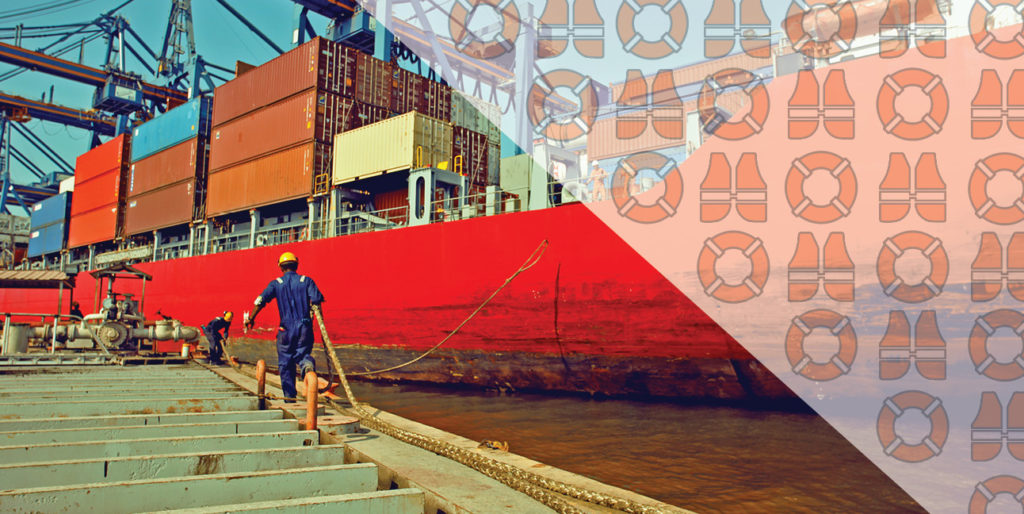One of the most important concerns for any maritime vessel is ensuring the safety of the crew aboard. Since 1914, international regulations have been put in place to keep crew members safe no matter where they are in the world.
The Safety of Life at Sea (SOLAS) is overseen by the International Maritime Organization (IMO) and is regarded as the most important of all international treaties concerning the safety of merchant ships. It was first adopted in 1914 in response to the Titanic Disaster, a second version was implemented in 1929, a third in 1948, and a fourth in 1960. The 1974 version called (SOLAS 74) is the most current document with annual amendments made as new safety concerns come to light.
SOLAS, 1974 describes the requirements for all merchant ships of any flag to comply with the minimum safely regulations outlined in the 12-chapter document and its subsequent amendments. Its specifies minimum standards for the construction, equipment, and operation of ships, with the goal of keeping the crew on board as safe as possible.
To ensure accountability, contacting governments have the right to inspect ships of other contracting states if they believe the ship and equipment on board does not comply with the requirements of the convention, this is called Port State Control. Both Paris and Tokyo have release reports for 2015 that show improvements in the number of vessel being detained, and the number of deficiencies being recorded.
Several amendments will take effect in 2017 that further build on 1974 SOLAS Convention.
One such amendment is the new mandatory code for ships using gases or other low-flashpoint fuels, along with new training requirements for seafarers working on those ships. While these fuels are considered more atmospherically clean, they pose their own set of safety challenges. In response to the increased use of low flashpoint fuel the International Code of Safety for Ships using Gases or other Low-flashpoint Fuels (IGF Code) aims to minimize the risk to ships, their crews, and the environment.
The IGF Code contains mandatory provisions for the arrangement, installation, control, and monitoring of machinery, equipment, and systems using low-flashpoint fuels. It takes a goal-based approach, with requirements specified for each section forming the basis for the design, construction, and operation of ships using this kind of fuel.
This is just one of four additional SOLAS amendments that entered in to force in January of 2017, with more slated for later this year. To see a complete listing of all IMO amendments and their implementation dates click here.
Crew safety is of utmost importance in open water. As an international logistics firm, it’s important to stay on top of any new regulations related to ship safety and communicate those to our clients and partnerships.
Trust that TOC is always communicating the most relevant and recent information related to regulatory changes, playing our part to ensure the safety of our customers and support the maritime industry overall.
Sources:
http://www.marineinsight.com/shipping-news/safety-gas-fuelled-ships-new-mandatory-code-enters-force/
http://www.hellenicshippingnews.com/port-state-control-annual-reports-show-improvements-for-2015/

